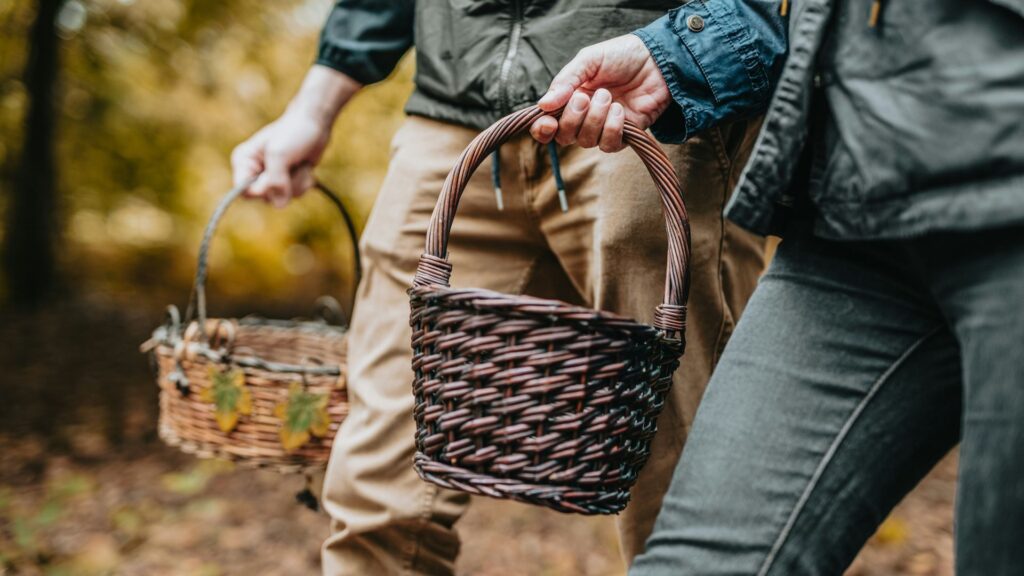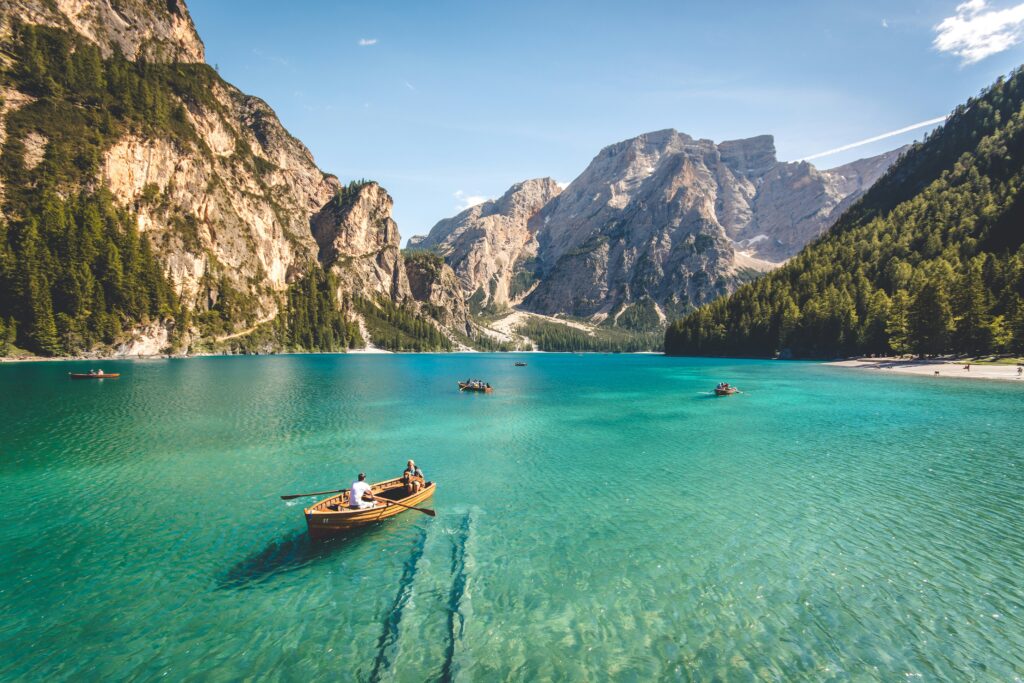How Traveling With My Daughter Was the Ultimate Bonding Experience
Is Travel the Key to Staying Mentally Active Later in Life?
Dr Charlotte Russell is a UK registered Clinical Psychologist and passionate traveller. She is the Founder and Editor of The Travel Psychologist which provides credible information about travel, mental health and well-being.
1. Introduction
We all know people who seem to defy the ageing process. Those who continue to stay active and seem mentally sharp well into their sixties, seventies and even their eighties. I’ve observed that many of the people who fall into this group are also keen travellers. They are curious about the world and have spent their lives exploring and having adventures. Is this a coincidence, or can travel help us to stay mentally active? Here, I’m going to dive into academic research to answer this question.
A recent review looked at the relationship between leisure activities and the risk of dementia in later life. It found that taking part in regular leisure activities decreased the risk of dementia. Moreover, the overall trend showed that the more leisure activities that participants did, the lower their risk of dementia. This suggests that leisure activities are preventative against cognitive decline. What makes this research impressive is that the review summarised 38 studies with more than 2 million participants, which certainly gives weight to the findings.
Drilling down to the specifics, a combination of different types of leisure activities were related to decreased risk: physical, cognitive and social activities. This tells us that in order to stay mentally active and stave off the risk of dementia, we need different types of activity.
From here I’m going to guide you through how travel can be a great tool for achieving these physical, cognitive and social aspects that can keep us mentally active.
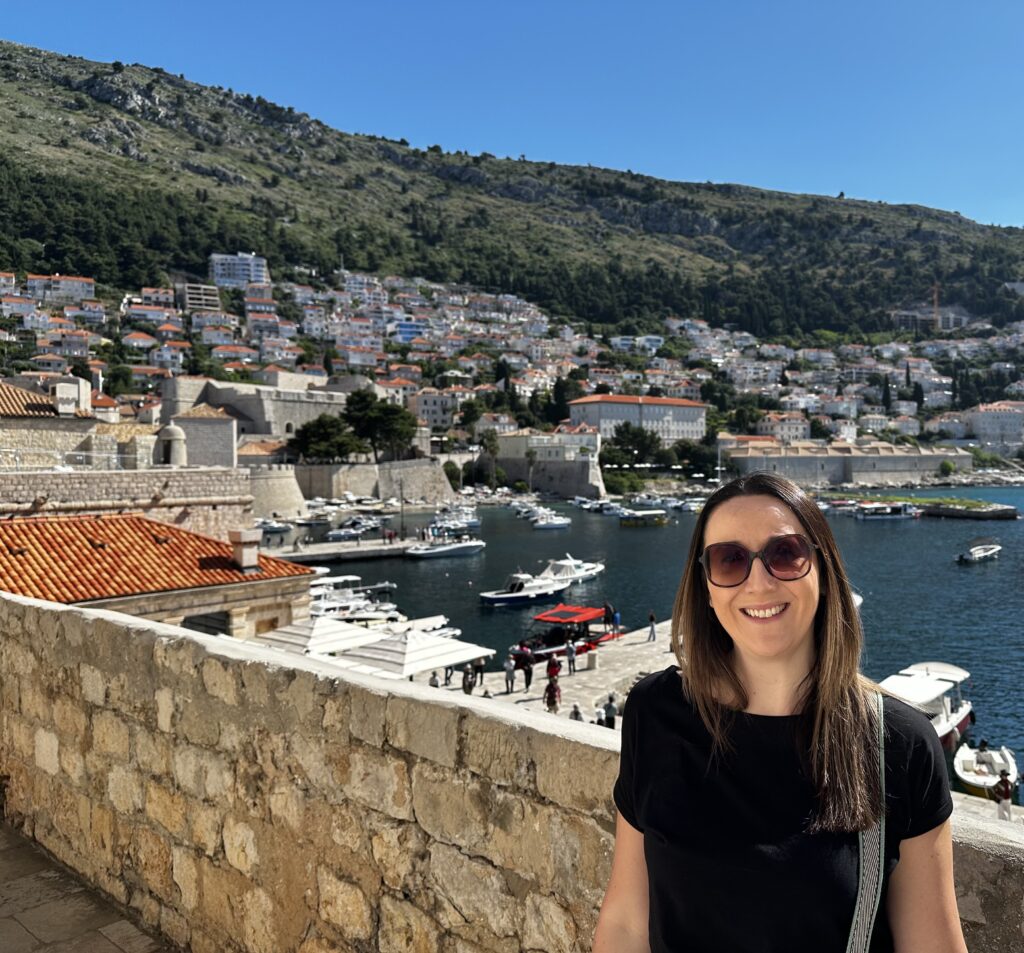
Dr Charlotte Russell believes travel is important for mental wellbeing
2. Physical activity
If you track your step count, at some point you’ll probably have been impressed by how many steps you take on vacation. I certainly have. All those moments exploring add up. Climbing up the bell tower might feel strenuous in the moment, but we barely even think about that once we see that beautiful view. Strolling along the promenade or piazza certainly does not feel like exercise, but our bodies are moving and unwinding.
Physical activity improves circulation, cardiovascular fitness and reduces inflammation in the body. It also helps us to manage stress and the negative impact of stress hormones on our brains. All of this is essential for overall brain health and to make new neural connections required for learning. This is why physical activity is an essential part of staying mentally active.
Vacations that include a focus on physical activity can be particularly beneficial: Walking in the heights of Machu Picchu or skiing in the peaks of the Dolomites are both great examples. These activities not only benefit our physical fitness when we are on vacation. The thought of being at our best can motivate us through workouts on the lead-up to our trip, and even when we return home.
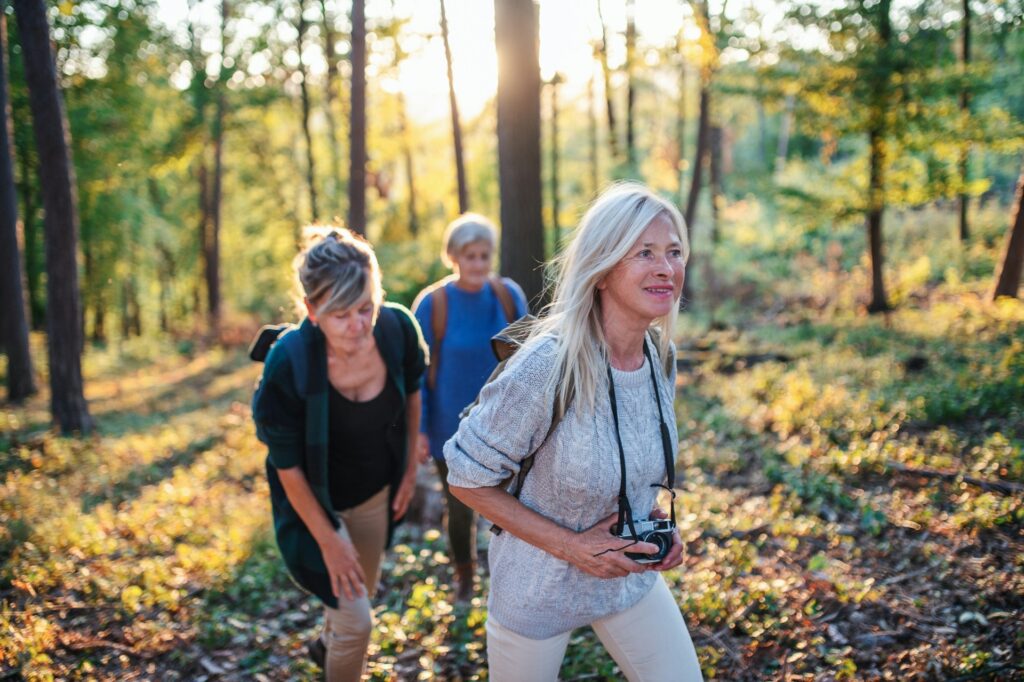
Physical activity is good for our mental health, as well as our physical health.
3. Cognitive activity
Travel often provides us with new situations, a key ingredient for staying mentally active. The new setting, culture, customs and sensory sensations are all new information for our brains to process. Being outside of our routine means that we are fully engaging our cognitive capacities and not taking mental shortcuts, which we tend to do in everyday life. Our minds need these cognitive challenges to function optimally. Like physical activity, it is a case of ‘use it or lose it’ when it comes to staying mentally active.
Travelling also provides the opportunity to learn a new language. There is strong research that learning a second language can help to maintain our cognitive ability and to delay and reduce to risk of dementia. When we learn a new language, we are creating a whole new series of connections in our brains. This enables us to understand and process information more effectively.
You may assume that these benefits are only true for people who are fluent in a second language. Actually, this isn’t the case, and you don’t have to aim for fluency to reap the cognitive benefits. Having trips planned is a great way to keep us motivated and language apps are a great tool for incorporating small bursts of learning to your daily routine.
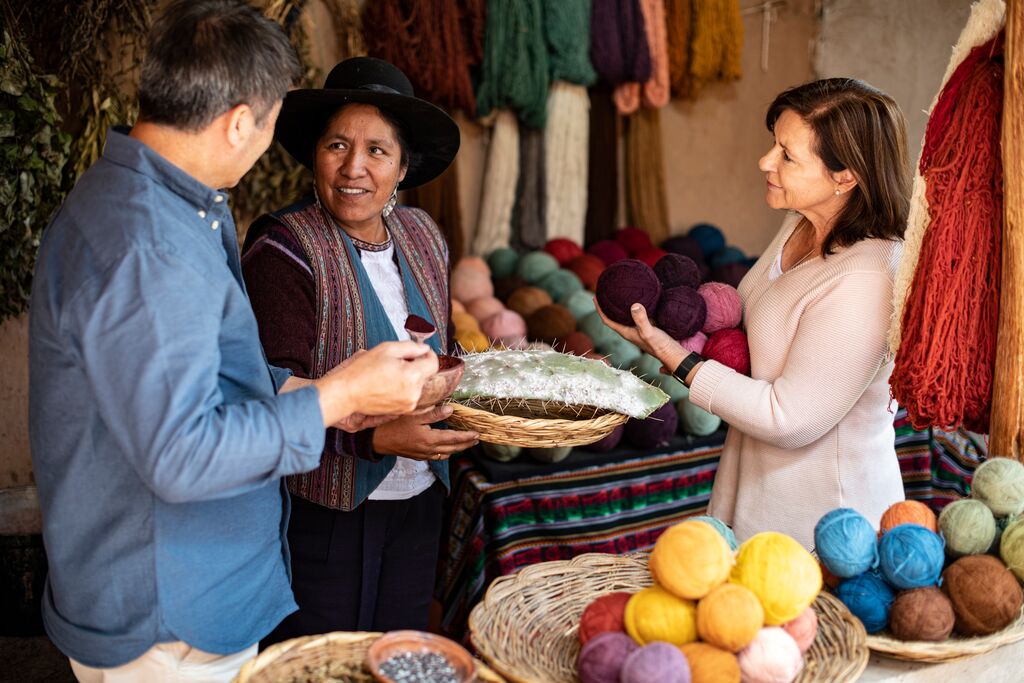
Insight Vacations’ MAKE TRAVEL MATTER® Experiences introduce you to people from other cultural backgrounds
Save up to $3,000* per couple on your first Premium Tour
Plus receive latest offers, travel inspiration, and discover how your travels will make a positive impact. Together, WE MAKE TRAVEL MATTER®. Subscribe Now4. Social activity
Travelling provides many opportunities to meet new people. Group tours can be particularly beneficial, because we are meeting and learning about one another in positive circumstances.
I went on my first group vacation earlier this year and this helped me to appreciate how this set up can facilitate friendships blossoming. Firstly, group members have all chosen the same trip and so naturally you will have a lot in common. Secondly, sharing such a wonderful experience can facilitate a deeper sense of connection with one another.
In line with my personal experience, the research suggests that the ability to savour positive moments with friends can help us to deepen our friendships. Not only that, the findings suggest that both savouring and building good quality friendships are related to better overall wellbeing.
Taking the research findings together, it seems that connection is key here. Whether you are taking a group trip or travelling with friends and family, it’s important to prioritise connection. In practice this looks like this: When watching a beautiful sunset with a friend, make sure to comment on it “this is such a lovely moment and I’m so glad I’m spending it with you”. Share your reflections with each other along the way. Savouring in this way is beneficial for your connection, well-being and to keep you mentally active.
5. Conclusion
Staying physically active, challenging ourselves cognitively, and maintaining connection with others are crucial for keeping us mentally active. Travel can provide each of these and can be a wonderful tool for achieving the physical, cognitive and social stimulation that we need to keep our brains active and healthy.
6. References
Fox, R., Corretjer, O., & Webb, K. (2019). Benefits of foreign language learning and bilingualism: An analysis of published empirical research 2012–2019. Foreign Language Annals, 52(4), 699-726.
Pezirkianidis, C., Galanaki, E., Raftopoulou, G., Moraitou, D., & Stalikas, A. (2023). Adult friendship and wellbeing: A systematic review with practical implications. Frontiers in Psychology, 14, 1059057.

LIKED THIS POST? SHARE WITH YOUR COMMUNITY

